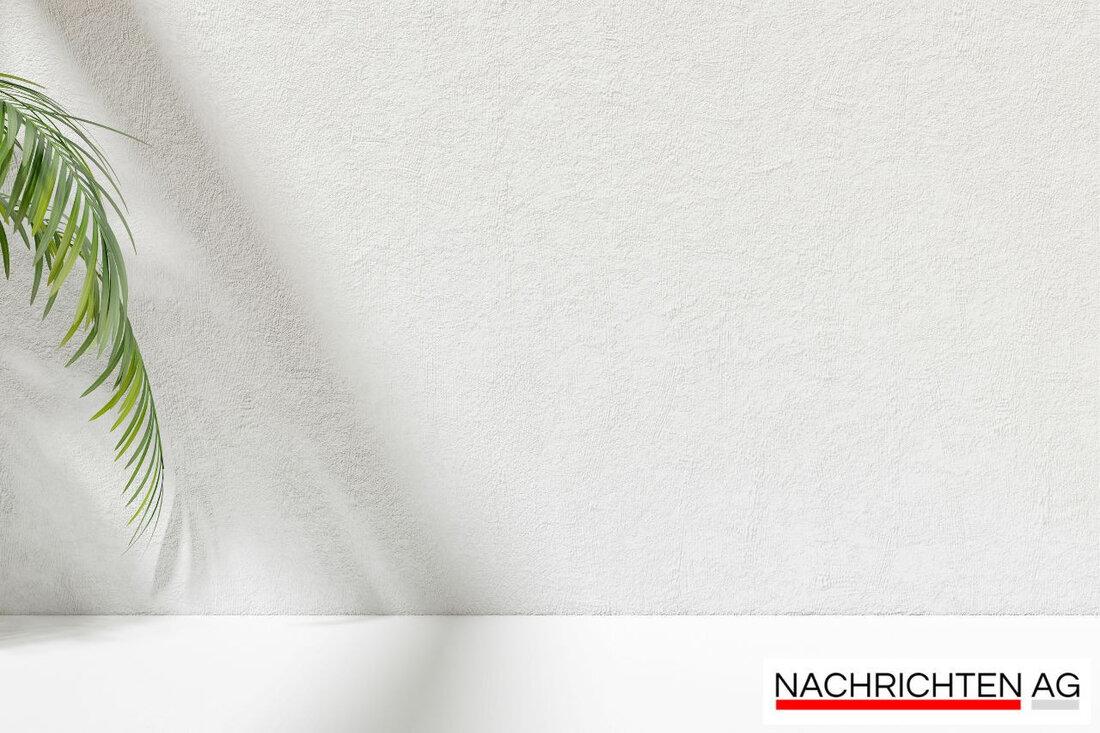Duckweed scandal in Saarlouis: City fights against garbage and nature!
In Saarlouis, measures are fighting against duckweed and garbage in the water. The focus is on nature conservation and optimizing water quality.

Duckweed scandal in Saarlouis: City fights against garbage and nature!
The Vaubaun Island in Saarlouis is currently the focus of attention because visible duckweed and garbage are accumulating in the water there. The city of Saarlouis has responded by installing a new barrier to hold back the duckweed. Depending on the wind, this measure could allow the plants to be removed with an excavator. Those responsible emphasize that nature conservation receives particular attention, especially during the breeding and nesting season, which begins in March S.R.
The duckweed is only taken from selected locations where no birds or amphibians are endangered. In addition, the city has purchased oil booms to efficiently collect the duckweed. An oxygen bubbler has been installed to enrich the water with oxygen, which is said to improve overall water quality. Initial measures are already showing success; Visible duckweed has decreased compared to last year, although the city expects it will take several years to fully control the problem.
Criticism of the handling of dead wood
Despite these successes, there is also criticism. The Nature Conservation Association (NABU) has denounced the removal of dead wood from the Saar altar. The removal of these tree trunks is said to disrupt the habitat for numerous animals and plants. NABU chairman Ulrich Leyhe accused the city of removing the dead wood for visual reasons. Dead wood is particularly important because it provides protection for fish and waterfowl.
The city administration rejected the criticism and explained that strong easterly winds had driven the wood towards the Saar. This could endanger flood flows. Before the tree trunks were felled, they were also checked for bird nests - but no nests were found. The topic was also recently discussed on SR television on May 19, 2025.
Duckweed: A promising plant
Duckweed also has great potential in agriculture and environmental technology. This plant is very effective in absorbing nutrients, especially nitrogen and phosphorus. The Research Institute for Organic Agriculture (FiBL) is working on experiments with diluted manure, whereby duckweed that grows on anaerobically treated cattle manure is in principle free of certain germs. This makes them a potentially healthy feed.
Additionally, duckweed is capable of producing more protein than soy under comparable conditions. The protein content in the dry matter of duckweed is between 30 and over 40 percent. In optimal growth conditions, higher growth rates of up to 14.8 g dry matter per square meter per day can be achieved, such as bioaktuell.ch reported.
However, the harvest also brings with it challenges, particularly the shelf life of the fresh duckweed, which is short and requires fresh feeding or ensiling. In addition, duckweed also absorbs heavy metals, which affects the quality of the starting substrate. Overall, further research is needed to unlock the full potential of duckweed as a protein source, as certain pests can threaten duckweed populations.

 Suche
Suche
 Mein Konto
Mein Konto